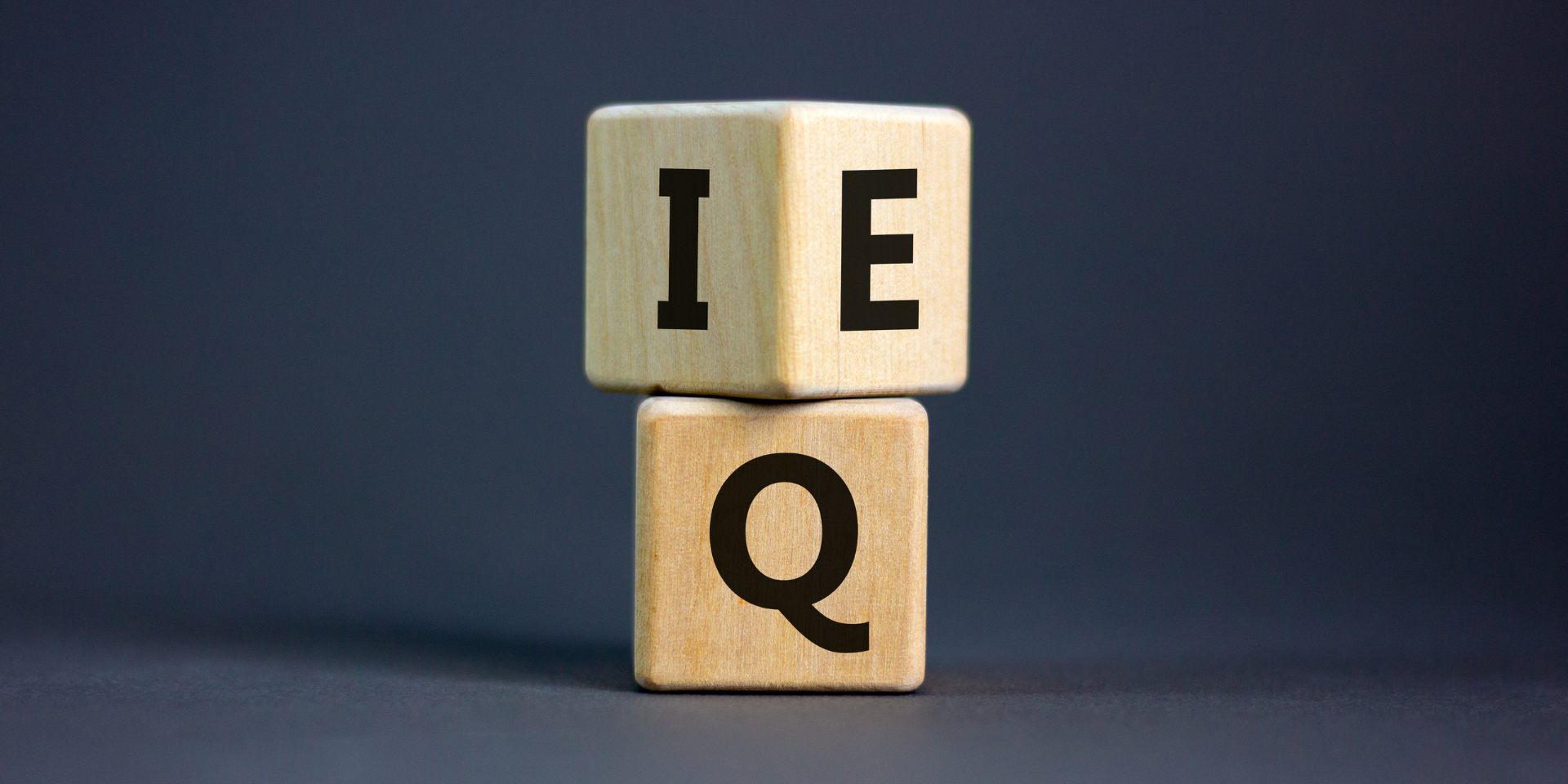It’s no secret that interviewers want more than just skills—they want to see who you are as a person. So, how do you show that you’re not only qualified but also the perfect fit for their team? The answer lies in emotional intelligence (EQ). In today’s competitive job market, mastering EQ can be the secret weapon that sets you apart from other candidates.
Ask yourself: Am I only focusing on what I can do, or am I also thinking about how I connect with the interviewer?
Here’s why emotional intelligence matters: Interviewers are looking for more than just a resume—they’re assessing how well you understand, navigate, and manage interpersonal relationships. If you can read the room, show empathy, and demonstrate self-awareness, you’ll connect with the interviewer on a deeper level and boost your chances of landing the role.
Why Emotional Intelligence Matters in Interviews
Emotional intelligence is all about understanding your own emotions and those of the people around you. It’s what helps you build rapport, handle tough questions, and leave a lasting impression beyond your technical abilities. Interviewers want to know how you’ll fit into their company culture, how well you’ll collaborate with a team, and how you’ll handle challenges.
How to Use Emotional Intelligence to Win Over Interviewers
1. Read the Room The interview starts the moment you step in (or log into the virtual meeting). Pay close attention to the interviewer’s body language, tone, and energy. Are they formal or relaxed? Do they seem rushed or engaged? Adjust your approach to mirror their energy—this is a simple yet powerful way to establish rapport.
If the interviewer is more casual, feel free to be conversational and let your personality shine. If they’re all business, focus on delivering concise and professional answers. Reading the room shows emotional adaptability, which is highly valued in the workplace.
2. Show Empathy Interviews aren’t just about you; they’re also about the interviewer and the company’s needs. Show empathy by actively listening and responding thoughtfully to what they say. Don’t rush to answer questions just to get through them—take a moment to understand the deeper meaning behind their questions.
For example, if they ask about how you handle difficult team dynamics, recognize that they might be dealing with those exact challenges. Respond by acknowledging their concern and offering insights on how you can help resolve such issues. Empathy shows that you care not just about landing the role but about contributing to their success.
3. Demonstrate Self-Awareness One of the key components of emotional intelligence is self-awareness. In an interview, this means acknowledging both your strengths and areas for improvement. When asked about your weaknesses, for instance, show that you’re aware of them and are actively working to improve.
Self-awareness also means recognizing how you come across to others. Are you nervous, excited, or overly confident? Adjust your tone and body language accordingly to ensure you’re presenting the best version of yourself. Being self-aware helps you come across as genuine and balanced.
4. Use Body Language to Build Connection Non-verbal communication is a huge part of emotional intelligence. Make sure your body language reflects openness and confidence. Maintain good eye contact, nod when appropriate, and lean in slightly to show engagement. Avoid crossing your arms or fidgeting, as these can make you seem closed off or anxious.
Remember: even in virtual interviews, body language matters. Ensure your camera is at eye level, sit up straight, and smile to create a warm and professional impression.
5. Ask Thoughtful Questions At the end of the interview, when you’re asked if you have any questions, use this as an opportunity to showcase your emotional intelligence. Ask questions that show you care about the company’s culture, team dynamics, or long-term goals. For example:
- “How do you support team collaboration and communication across departments?”
- “What challenges does the team currently face, and how can I help resolve them?”
These questions demonstrate that you’re not just thinking about the role in isolation but how you can contribute to the company as a whole. Thoughtful questions create a deeper connection and show that you’re invested in more than just a paycheck.
The Bottom Line: EQ Can Be the Deciding Factor
Emotional intelligence is what turns a good interview into a great one. While your skills and experience will get you in the door, it’s your ability to connect with the interviewer that will help you land the role. By reading the room, showing empathy, demonstrating self-awareness, and using non-verbal cues to your advantage, you can leave a lasting, positive impression that goes beyond your qualifications.

Inside, you’ll find strategies to build rapport and ensure that your interview is memorable for all the right reasons.

Don’t let your next opportunity slip away—get the cheat sheet and show that you’re the complete package!








